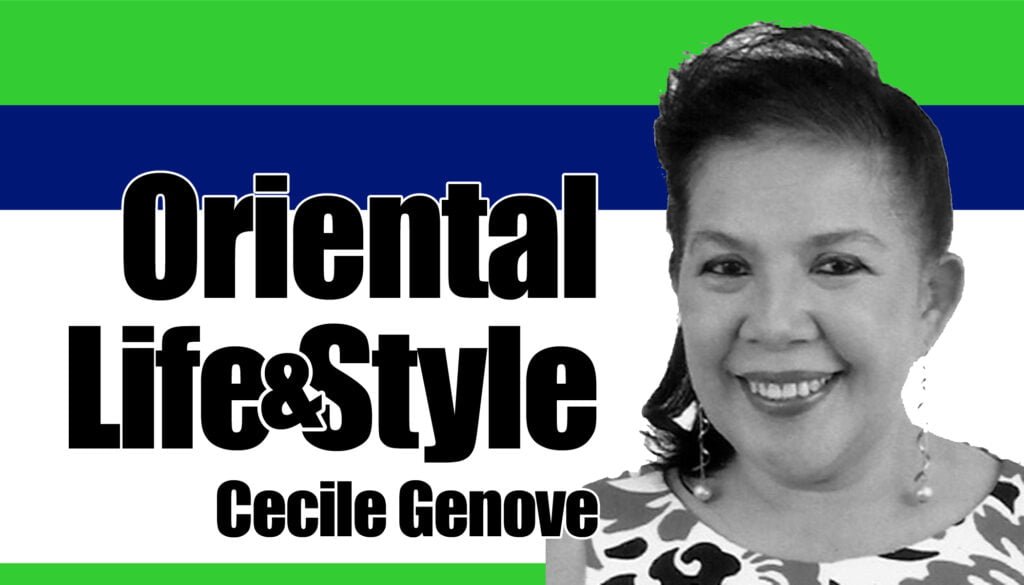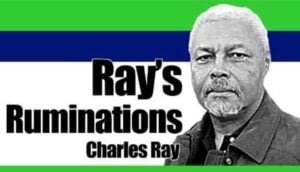
A recent A.B. Broadcasting graduate is the lone delegate from Foundation University in Dumaguete City to have completed the four-day Massive Open Online Course (MOOC) offered by the American Corner Dumaguete-Silliman University Library on August 9 to 12.
Alynna Marie Moya, who graduated last June, heeded the call for applicants aged 18 to 35 years old to join the four-day camp, which trained the delegates on “Creating and Maintaining Social Enterprises.” The camp aimed to strengthen the youth’s civil leadership skills, develop partnerships and collaboration techniques, and effectively propose a possible non-government organization anchored on their advocacy.
Moya made a pitch for the “KAPETa Enterprise” project that, according to her, holds the potential to transform the lives of young individuals by providing them with meaningful employment, valuable skills, and opportunities for entrepreneurship.
“KAPETa” is an Ilocano term, which means “to hold.” In Tagalog, “kapet” is synonymous with “hawakan” (to hold). In Bisaya, it could be translated to “mangape ta” (let’s have coffee).
“By embracing the coffee industry, this initiative aims to create a positive impact on both local communities and the broader economy,” Moya enthused, who embarked on this enterprising venture initially on a small scale even while she was yet pursuing her undergraduate degree.
She added that her courses in Marketing and Promotions, as well as in Advertising, which are part of the Commission on Higher Education (CHEd)-mandated curriculum for the Bachelor of Arts in Broadcasting degree helped her in formulating and refining her project pitch.
Embracing an advocacy is not new to Moya. As a student of the Broadcast Communication Department of the College of Arts and Sciences, she placed second runner-up in the 2021 Hara sa FU (Foundation University) where the candidates chose an advocacy that they would develop and work on throughout the academic year.
Moya shared that what spurred her to pursue this social enterprise is the issue of unemployment, particularly among the youth, which has remained a “persistent challenge in many regions.” She observed that the transition from education to employment has become increasingly difficult for young individuals because of many factors. Some of these, as Moya had unearthed, include rapid technological advancements, changing job market dynamics, and limited access to opportunities.
“This issue not only hampers the personal growth and prospects of young people, but also poses broader societal challenges such as social unrest, economic instability, and a loss of human capital,” opined Moya. She added that it is in this context that the “need to address youth unemployment emerges as a critical concern requiring innovative and sustainable solutions.”
Asked whether the four-day camp made an impact on the way she perceives her life and the environment, Moya has this to say: “The MOOC Camp on Creating and Maintaining Social Enterprises has been a transformative learning journey. Through its comprehensive curriculum, engaging discussions, and hands-on activities, I have gained a wealth of knowledge on youth civil leadership, partnership and collaboration techniques, and the establishment of impactful non-government organizations rooted in advocacy. The lessons learned have not only enriched my understanding of social entrepreneurship, but have also ignited a passion to contribute meaningfully to my community. As I move forward, I am excited to apply these insights to create positive change and empower the youth through innovative social enterprises.”
Asst. Prof. Novee Maestrecampo, SU Office of Community Engagement and Service-Learning director, in his keynote message emphasized the importance of social entrepreneurship and social impact in creating community projects.
Carmen Roceli Lopez, chief executive officer of HerStore Asia, talked about making a difference through social enterprises in her message as the guest speaker on the third day of the MOOC camp.
The participants also visited the Kawayan Collective in Dauin, Negros Oriental to learn from the organization’s sustainability practices and observe how their bamboo-based products are made.
For their final output, the 21 participants presented their proposals. The judges were Francis Lianro H. Bulado, MOOC camp alumnus; Asst. Prof. Joshua Soldivillo, Project STEAMify project leader and MOOC camp facilitator; and, Asst. Prof. Sarah Angiela Ragay, university librarian.
Pauline Anderson, deputy public engagement attaché of the United States Embassy in the Philippines, also delivered a congratulatory message. Completers received a certificate from the US Embassy, seed funding, and some freebies. – NWI




